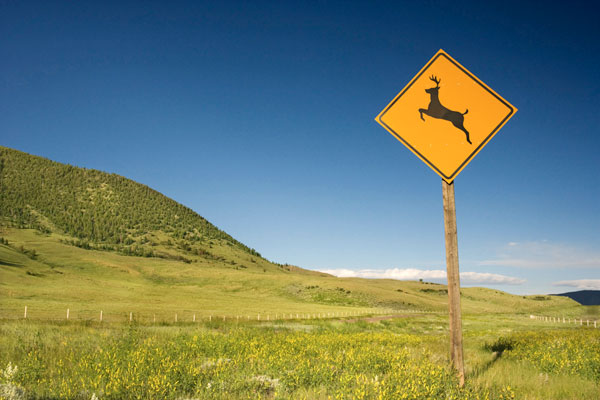Looking for a new boat or RV? Interested in checking out the latest accessories? Here are the major boat and RV shows the weekend of February 9-13.
St. Louis Boat & Sportshow – February 9-13, 2011
Minneapolis/St. Paul RV, Vacation, and Camping Show – February 10-13, 2011
Richmond (VA) Camping RV Expo – February 11-13, 2011
Las Vegas (NV) Sportsmen’s RV and Travel Show – February 11-13, 2011


